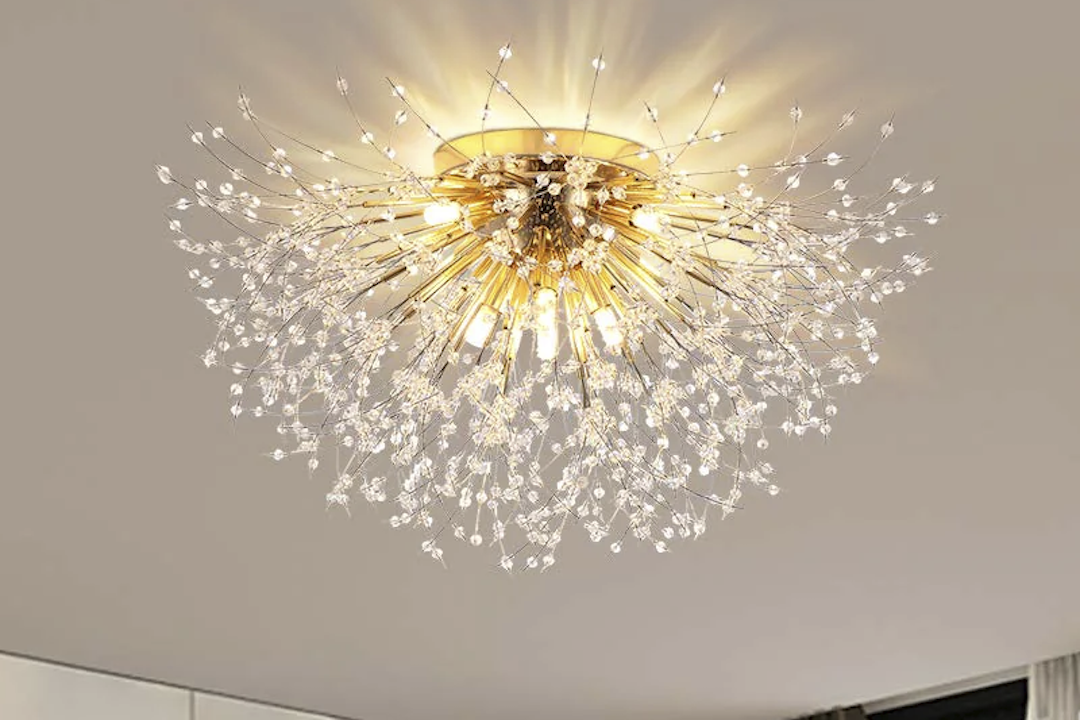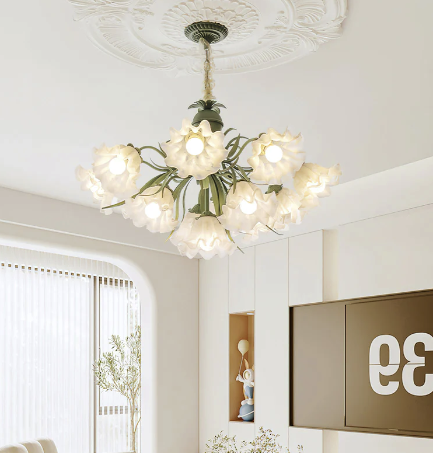Introduction
Pebbles are small, round stones found near rivers, beaches, and other water bodies. They come in different colors, shapes, and sizes, making them an interesting addition to any place. Apart from their aesthetic appeal, pebbles offer several benefits that make them popular among homeowners, landscapers, and enthusiasts. This article explores the charm of pebbles and their impact on various aspects of life.
The Aesthetic Value of Pebbles
Pebbles are one of the few natural materials that can add a touch of elegance and simplicity to any environment. Whether they are used as garden decorations, driveway markers, or interior design elements, pebbles have a unique charm that enhances the beauty of their surroundings. Their smooth and shiny surface reflects light, creating a shimmering effect that catches the eye. Moreover, their diverse colors and shapes make them suitable for a wide range of applications, from creating mosaics and patterns to constructing rock gardens and ponds.
Landscaping with Pebbles
Pebbles are widely used in landscaping due to their versatility and durability. They can be used to accentuate features such as paths, flower beds, water features, and retaining walls. In addition, they are easy to maintain, require no water or fertilizers, and are resistant to erosion and weathering. Pebbles can also be used as a substitute for grass, especially in areas with poor soil or water scarcity. This is because they provide a natural-looking ground cover that requires minimal maintenance.
The Feng Shui of Pebbles
In Feng Shui, pebbles are believed to bring positive energy and promote harmony in the environment. One of the main principles of Feng Shui is the use of natural elements to balance the energies of a space. Pebbles, being a natural element, are said to have a calming effect on the mind and soul, thus reducing stress and promoting relaxation. They are often used in fountains, aquariums, and Zen gardens, which are known to enhance the flow of positive energy in a space.
The Therapeutic Properties of Pebbles
Apart from their aesthetic and Feng Shui value, pebbles also offer several therapeutic benefits. One of the most common forms of pebble therapy is hot stone massage, which involves placing heated pebbles on the body to relieve muscle tension and promote relaxation. This technique is widely used in spas and resorts, as it helps to increase blood flow, reduce inflammation, and stimulate the lymphatic system.
Another therapeutic use of pebbles is in reflexology, a form of alternative medicine that involves applying pressure to various points on the feet to promote healing and alleviate pain. Pebbles of different shapes and sizes can be used to target specific areas of the foot, thus improving circulation, reducing stress, and boosting the immune system.
The Environmental Benefits of Pebbles
Using pebbles in landscaping and gardening also has several environmental benefits. One of the main advantages is that pebbles require no water, which is a precious resource in many parts of the world. By reducing water consumption, pebbles help to conserve this essential resource and reduce the strain on water sources. Secondly, pebbles are permeable, meaning that they allow water to seep into the soil, thus reducing the risk of runoff and erosion. This makes them ideal for use in areas prone to flooding or soil erosion. Finally, pebbles are recyclable and biodegradable, making them a sustainable choice for eco-conscious individuals and businesses.
Conclusion
In conclusion, pebbles are more than just small stones; they offer a range of benefits that make them a valuable addition to any environment. From their aesthetic appeal to their therapeutic and environmental properties, pebbles have a unique charm that enhances the quality of life in many ways. Whether it is landscaping, meditation, massage, or water conservation, pebbles have something to offer for everyone. So, next time you come across a pebble, take a moment to appreciate its beauty and consider the many ways in which it can enrich your life.








